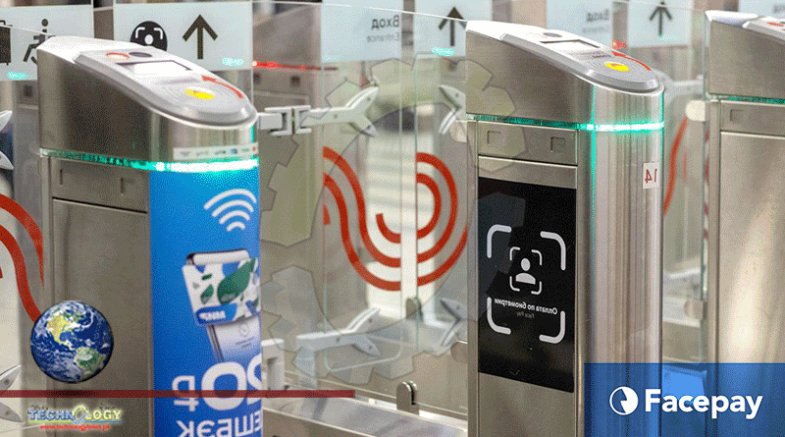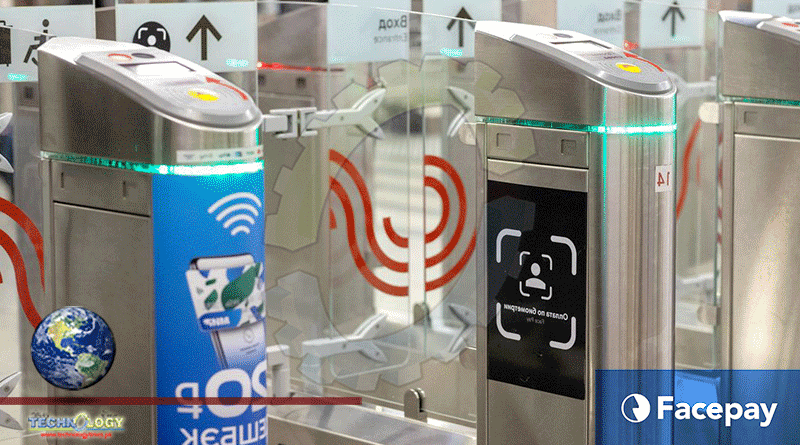Moscow Authorities Expect 10 To 15 Percent Of Riders To Use Face Pay “Regularly” In The Next Two To Three Years

Moscow launched “Face Pay” on Friday, a facial recognition payment system implemented in more than 240 Mosmetro stations, “the largest use of facial recognition technology in the world,” officials claim (via The Guardian). The service relies on stored photographs to validate metro payments, an obvious privacy concern given the previous uses of facial recognition technology by the Russian capital’s law enforcement.
Face Pay requires metro riders to upload a photo and connect their bank and metro cards to the Mosmetro mobile app. With everything uploaded, all you need to do is look at the camera posted above the turnstiles to make it in time for your next train. Moscow authorities expect 10 to 15 percent of riders to use Face Pay “regularly” in the next two to three years, the hope being less time swiping and paying for rides will translate to shorter lines and waits, and less close contact during the ongoing pandemic. That’s all fine and good, at least conceptually. The relative convenience biometric recognition can add to payment systems is a concept that’s currently being floated in the US through Amazon One, the shipping giant’s palm recognition tech. As The Guardian notes, Moscow’s Department of Information Technology claims photographs collected through official channels won’t be turned over to the police and are instead securely encrypted in the GIS ETSHD system (Moscow’s Unified Data Storage and Processing Center).
That hasn’t convinced Russian privacy advocates, though. “This is a dangerous new step in Russia’s push for control over its population. We need to have full transparency on how this application will work in practice,” Stanislav Shakirov, the founder of digital rights group Roskomsvoboda, told The Guardian. “The Moscow metro is a government institution and all the data can end up in the hands of the security services.” Shakirov has good reason to be concerned. Moscow’s implementation of facial recognition across its vast network of more than 10,000 CCTV cameras is more than a little scary. Worse than the possibility of abuse by local Moscow law enforcement, the system can apparently be hijacked for as little as $200 by enterprising hackers. That’s the real risk of applying facial recognition across even more of daily life in the city, not just that the government could have an easier time tracking the movements of citizens, but that the system itself is a vulnerable target for even worse abuses.
This news was originally published at The Verge
